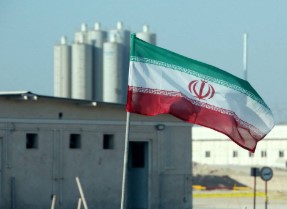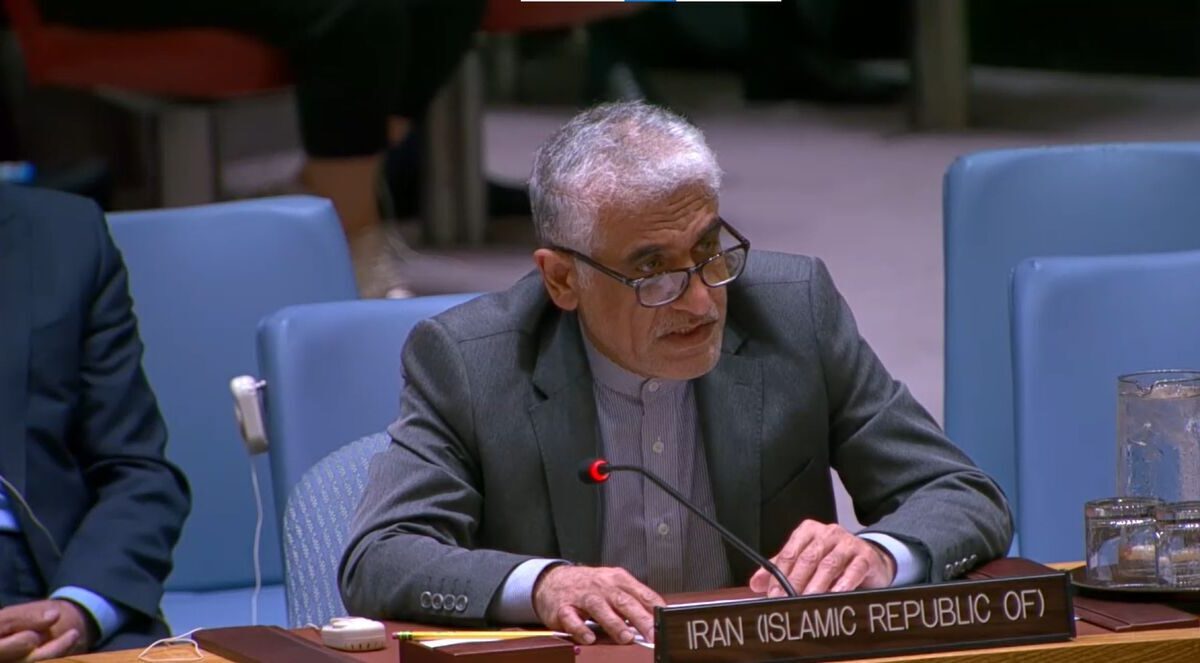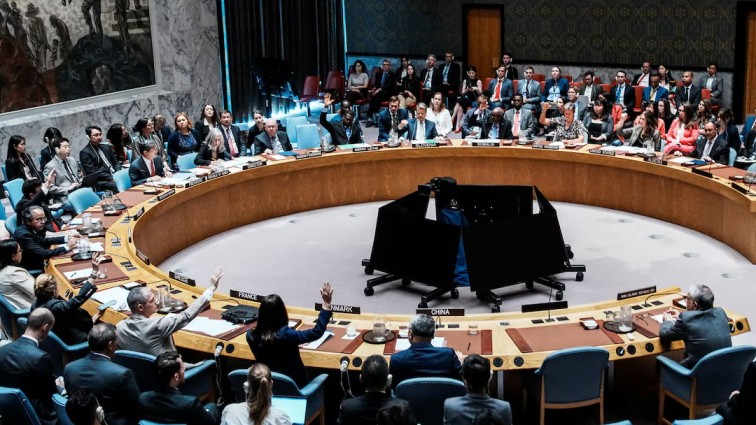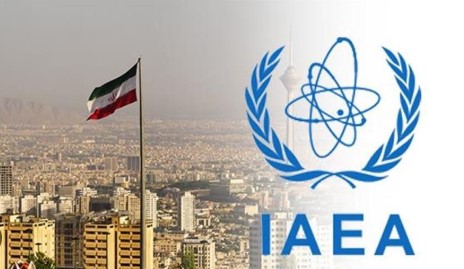
India, Germany, France, and Britain Demand Halt to Iran’s Enriched Uranium Escalation
- World News
- December 11, 2024
- No Comment
Iran’s acceleration in uranium enrichment to 60% purity has alarmed global powers, with Germany, Britain, and France (E3) issuing stern warnings for Tehran to reverse its actions. The European Union highlighted the development as a significant threat to regional stability and the hollowing out of the 2015 nuclear deal.
According to the International Atomic Energy Agency (IAEA), Iran has dramatically increased its enrichment rate at the Fordow facility, now reaching more than 34 kilograms of uranium enriched to 60% monthly—just a technical step away from weapons-grade levels of 90%.
The E3 nations expressed grave concerns about Tehran’s installation of advanced centrifuges and preparations for additional enrichment infrastructure, warning that Iran’s growing uranium stockpile has “no credible civilian justification” and could fuel a military nuclear program.
Rafael Grossi, head of the IAEA, underscored the severity of the issue, stating Iran’s enrichment activities at Fordow and Natanz sites are “dangerously escalating.” He urged immediate measures to ensure safeguards and prevent further misuse of declared nuclear material.
The diplomatic fallout comes amid stalled nuclear negotiations and heightened tensions over Iran’s nuclear ambitions. European nations fear Tehran’s actions could lead to the activation of the nuclear deal’s “snapback mechanism,” reinstating sanctions.
With the potential return of Donald Trump to the White House in January 2025 and his historically hawkish stance on Iran, prospects for diplomacy appear increasingly tenuous. Experts warn that continued enrichment risks derailing any future talks and exacerbating regional instability.
While Iran insists its nuclear program remains under IAEA supervision, Western powers remain unconvinced, urging Iran to halt its “dangerous and reckless escalation” immediately. The lack of progress toward a diplomatic resolution further complicates the global nuclear non-proliferation landscape.







